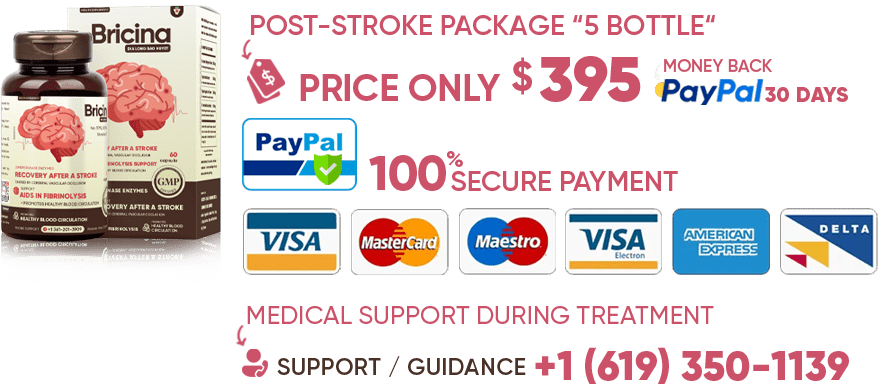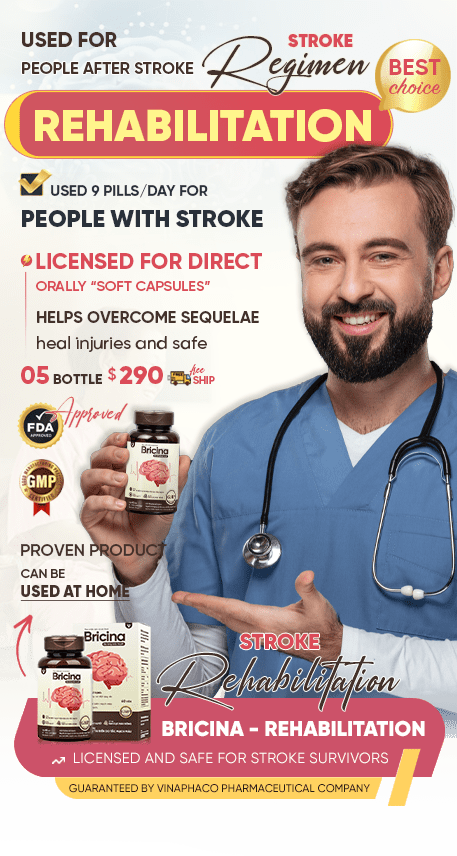Post-stroke brain fog, cognitive dysfunction or acute dysexecutive syndrome
a common experience after a stroke where individuals have difficulty thinking clearly, concentrating, or remembering things.
 It can manifest as fuzzy thoughts, forgetfulness, and slow processing speed. This condition can significantly impact a survivor's quality of life, affecting their ability to work, drive, or live independently.
It can manifest as fuzzy thoughts, forgetfulness, and slow processing speed. This condition can significantly impact a survivor's quality of life, affecting their ability to work, drive, or live independently. Brain fog after a stroke is not a specific disease but rather a collection of symptoms that affect cognitive functions. It can include:
- Poor concentration: Difficulty focusing on tasks or conversations.
- Confusion: Feeling disoriented or unclear about surroundings or situations.
- Slowed thinking: Processing information at a slower pace than before the stroke.
- Forgetfulness: Difficulty remembering things, including names, dates, or appointments.
- Word-finding difficulties: Struggling to find the right words to express thoughts or ideas.
- Mental fatigue: Feeling mentally exhausted and unable to sustain mental effort.
Why does it happen?
Brain fog can be triggered by a combination of factors related to the stroke itself and its impact on the brain. These factors include: Damage to specific brain areas: Strokes can damage areas of the brain responsible for cognitive functions, leading to the observed symptoms.Fatigue:
Post-stroke fatigue is a common experience that can exacerbate brain fog, making it harder to concentrate and think clearly. Emotional changes: Stroke can lead to emotional changes like anxiety, depression, or irritability, which can further impair cognitive function.Medications:
Some medications used to treat stroke-related conditions can also have side effects that contribute to brain fog.Coping strategies:
Several strategies can help individuals manage and cope with post-stroke brain fog:Break down tasks:
Dividing large tasks into smaller, more manageable steps can make them less overwhelming.Use memory aids:
Utilizing tools like calendars, lists, reminders, and note-taking can help with organization and recall.Minimize distractions:
Creating a focused environment can improve concentration and reduce mental fatigue.Engage in cognitive exercises:
Activities like puzzles, brain teasers, and memory games can help stimulate cognitive function.Seek professional support:
Consulting with a neuropsychologist or speech therapist can provide personalized strategies and support.Manage fatigue:
Prioritizing rest, pacing activities, and addressing fatigue-related factors can help improve cognitive function.Address emotional well-being:
Managing anxiety, depression, or other emotional challenges can positively impact cognitive function.Important considerations:
Recovery from brain fog can vary, with some individuals experiencing significant improvement while others may have more persistent challenges. Early intervention and support are crucial for maximizing recovery and improving quality of life.Cognitive problems are often most pronounced in the initial months after a stroke but can improve over time with appropriate support and interventions. Regular monitoring and adjustments to the support plan are essential as recovery progresses.
Post by: Bricina 22/06/2025 02:13:14








